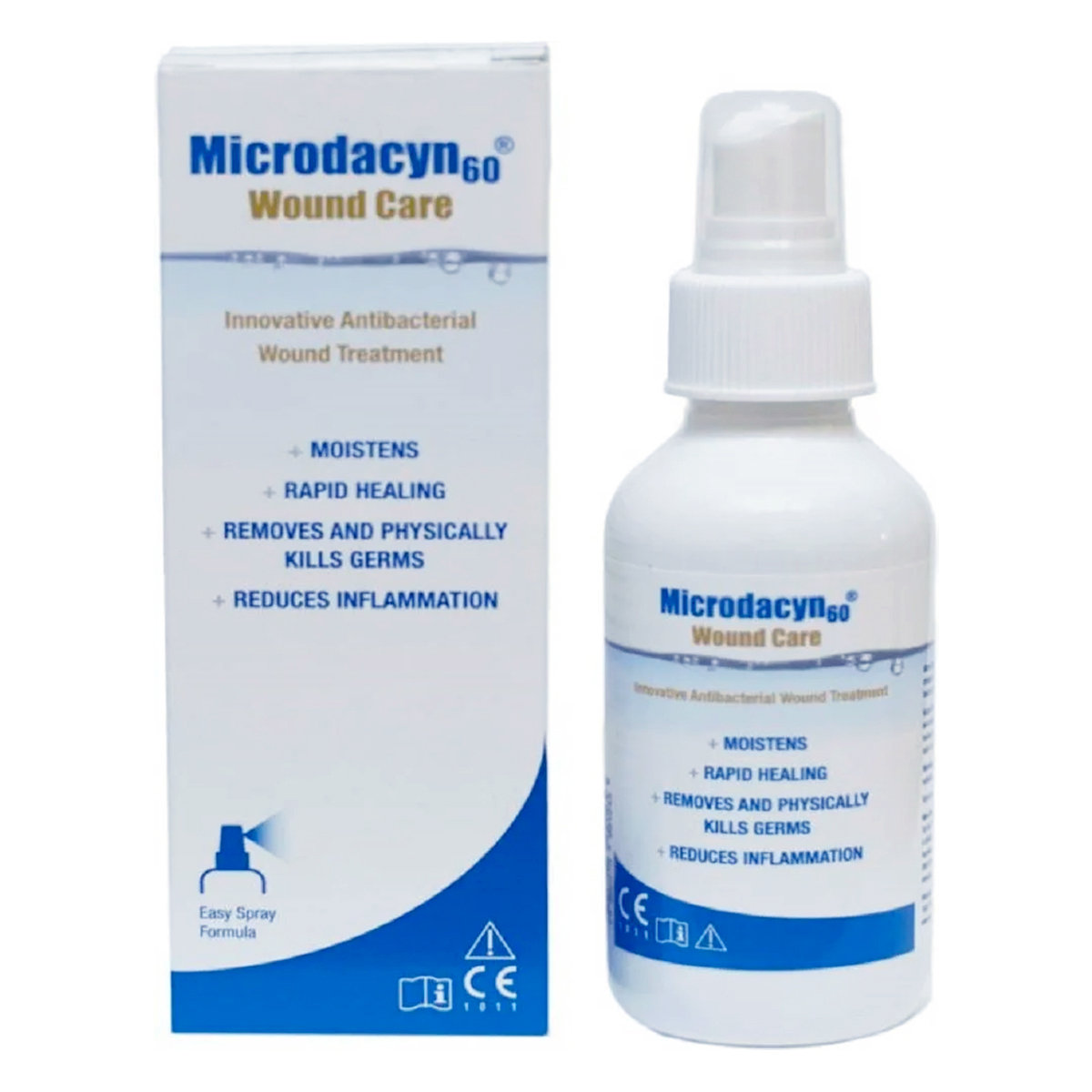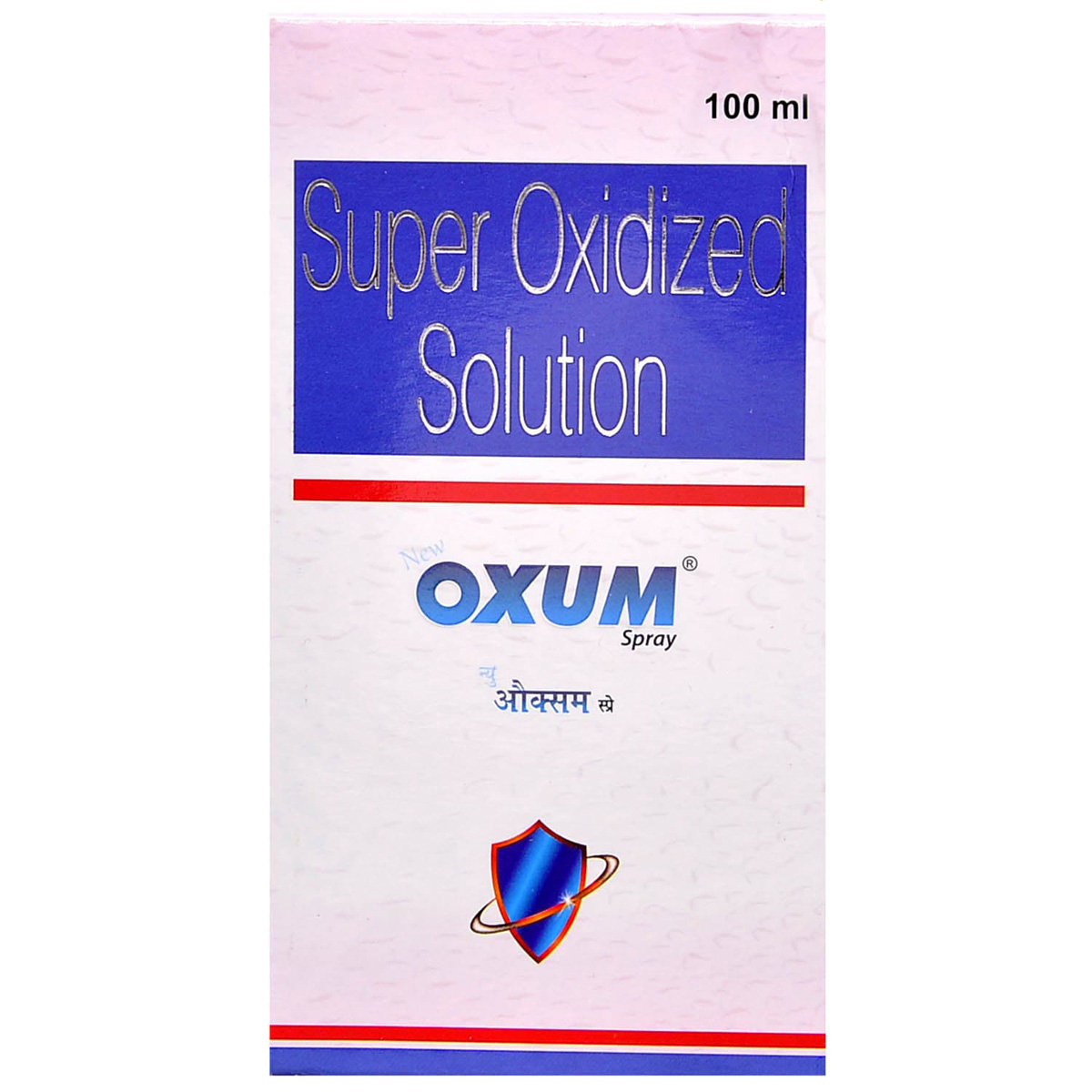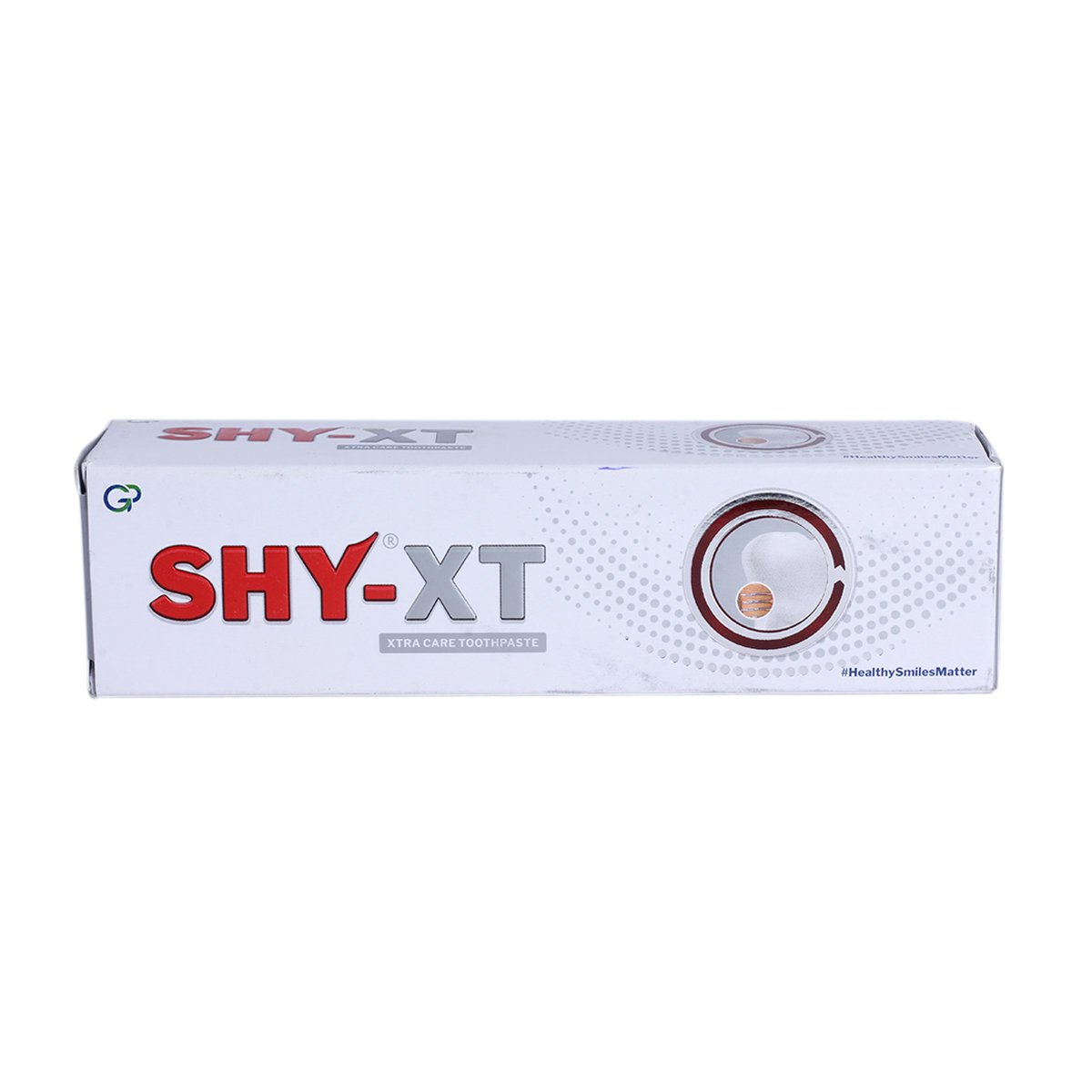Water For Injection
About Water For Injection
Water For Injection is a solvent or diluent vehicle that is used to dilute or dissolve other drugs. Water For Injection is also used to wash small wounds and during minor surgical procedures.
Water For Injection contains clear, colourless, odourless water. It is sterile and contains no antimicrobial agents or other added buffers. Water For Injection is intended for dissolving and diluting drugs, which are meant for parenteral use (administration of drugs from routes other than mouth and alimentary canal).
Water For Injection is administered by a healthcare professional. Do not self-administer. Water For Injection is generally safe to use and does not cause any side effects. However, if you notice any unusual symptoms, please seek medical advice.
Water For Injection should be administered after being made isotonic (same salt concentration as cells and blood) by adding an appropriate solute to prevent any haemolysis (breakdown of red blood cells). Water for Injection may sometimes contain aluminium, which may alter kidney function. Hence, care should be taken accordingly. Pregnant and breastfeeding women should consult the doctor before starting Water For Injection.
Uses of Water For Injection
Medicinal Benefits
Water For Injection is a diluent vehicle that contains clear, colourless, odourless water. It is sterile and contains no antimicrobial agents or other added buffers. Water For Injection is intended for dissolving and diluting drugs, which are meant for parenteral use. Water For Injection is also used to wash small wounds and during minor surgical procedures.
Directions for Use
Storage
Side Effects of Water For Injection
- Inflammation of a vein (that may occur due to the technique of injecting)
- Pain at the injected site
Drug Warnings
Let your doctor know if you are allergic to Water For Injection or its inactive components. Brief your medical history to the doctor if you have any heart, liver or kidney diseases before starting Water For Injection. Water For Injection should be administered after being made isotonic (same salt concentration as cells and blood) by adding an appropriate solute to prevent any haemolysis (breakdown of red blood cells). Water for Injection may sometimes contain aluminium, which may alter kidney function. Hence, care should be taken accordingly. Water For Injection should be used during pregnancy and breastfeeding only when advised by your doctor. The product may interact with the plastic container and leach out its contents in small amounts at higher temperatures. Hence, do not store Water For Injection above 25°C.
Drug Interactions
Drug-Drug Interaction: No interactions found/established.
Drug-Food Interaction: No interactions found/established.
Drug-Disease Interaction: Let your doctor know if you have any heart, liver or kidney diseases before starting Water For Injection.
Drug-Drug Interactions Checker List:
Safety Advice

Alcohol
cautionIt is not known if Water For Injection is affected by alcohol consumption. Please seek medical advice for more information.

Pregnancy
cautionWater For Injection should be used during pregnancy only when advised by the doctor. Please let your doctor know if you are pregnant or planning to conceive before starting Water For Injection.

Breast Feeding
cautionPlease consult your doctor before using Water For Injection if you are a nursing mother.

Driving
cautionIt is not known if Water For Injection affects your ability to drive. Do not drive or operate machinery if you experience any symptoms that affect your focus.

Liver
cautionLet your doctor know if you have any history of liver diseases before using Water For Injection.

Kidney
cautionWater For Injection may contain aluminium which may impair the kidney functioning at high levels. It is advised to seek doctor advice before starting Water For Injection if you have kidney diseases.

Children
cautionSafety and effectiveness of Water For Injection have been established in paediatric patients. However, in premature neonates or very small infants, the volume of Water For Injection may affect fluid and electrolyte balance.
Habit Forming
Diet & Lifestyle Advise
- Maintain a fibre-rich diet and include healthy carbohydrates from fruits, vegetables and whole grains to maintain your blood glucose levels.
- Eat at regular intervals
- Keep a check on your weight and exercise regularly to keep your heart healthy.
- Vitamin C foods like orange juice, broccoli, strawberries, melons, and bell peppers enhance iron absorption into the body.
Patients Concern
Disease/Condition Glossary
Parenteral preparations may require the use of excipients, such as solvents like water for injection and other buffering agents, to make them isotonic (same salt concentration as cells and blood). This process helps in the prevention of haemolysis, i.e., the breakdown of red blood cells.
FAQs
Water For Injection contains sterile water. It is used as a diluent for diluting other drugs that are administered parenterally.
Water For Injection should be used with caution and only under doctor's supervision if you have any kidney diseases since Water For Injection may contain aluminium that may impair the kidney functioning in high levels.
It is not recommended to self-administer Water For Injection. Always make sure that only a healthcare professional injects Water For Injection followed by your parenteral drug.
Do not inject a cloudy looking or any precipitate containing product. Always make sure that Water For Injection is a clear solution and free from any particles.
Store Water For Injection at a controlled temperature not exceeding 20°C to 25°C. Do not freeze and store it away from direct sunlight.








